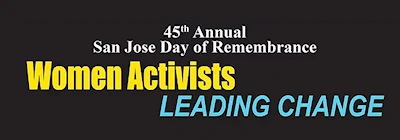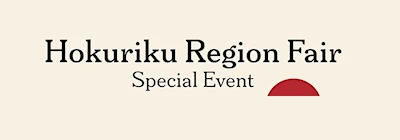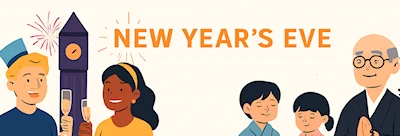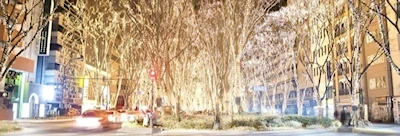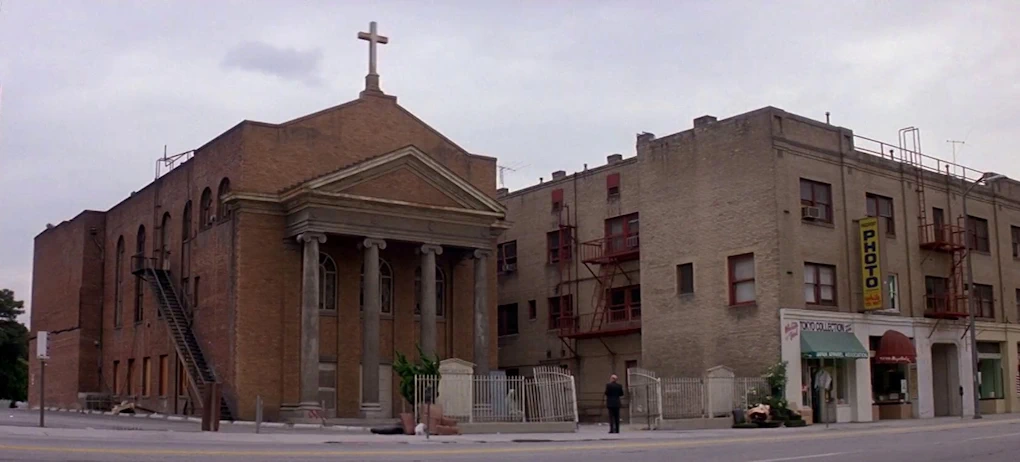The Union Church Building (Est. 1923) - Union Center for the Arts
Event Location
Los Angeles, CA 90012
East West Players’ current home is in the upper three levels of the Union Center for the Arts in the northwestern end of the Little Tokyo Historic District. The Union Center for the Arts was formerly the Union Church. It was completed in 1923 and served as the combined home of three Japanese American congregations.
With the onset of World War II, it was in front of this building that residents of the district joined the residents of Terminal Island, whose community had been razed 48 hours after the attack on Pearl Harbor. In 1942, residents of the district were among the 10,000 people sent to the War Relocation Center in Manzanar. Only permitted a single suitcase to last them their internment, many district residents stored their personal belongings in the Union Church until they would be able to return to their homes after the war. However, most of those transported to the internment camps lost all of their property, and were unable to return to living in their old community after the war, scattering the former resident population throughout the city.
Effects of World War II
After the internment of the Japanese American residents, the building was used as a community center for African Americans arriving from the deep south in search of work in wartime industry as part of the ‘Great Migration.’ The neighborhood had some of the only housing in the city that did not have restrictive housing covenants based on color, and quickly became highly populated.
Three years into the war, the neighborhood was renamed Bronzeville, and was home to ‘breakfast clubs’ - jazz clubs that were known to stay open until dawn. In 1943, a part of the ‘Zoot Suit Riots’ spread into the area. At the close of 1945 Japanese Americans gradually began re-establishing a community center. To this day, Little Tokyo remains a very diverse part of central Los Angeles.
After the war, the building achieved National Historic Landmark status. The original tenants of the Union Church relocated back to Little Tokyo in the 1970s. While the city was able to take over the building, it remained vacant and unused for many years. It wouldn’t be until 1990 when the Little Tokyo Service Center began conversations about how best to use the building.
Moving In
The building would be severely damaged during the 1994 Northridge earthquake, leaving it unusable. The Little Tokyo Service Center Community Development Corporation completed a $3.4 million dollar renovation of the building in 1998 to house three arts organizations-East West Players, Visual Communications, and LA Artcore. Founding member of EWP Beulah Quo and actor George Takei co-chaired the new theater campaign. The project was funded by the enthusiasm and passion of our community, and thanks in large part to the Aratani Foundation and Henry and Dorothy Hwang, parents of the renowned playwright David Henry Hwang for whom the theater is named.
In March 1998, renovation on the site was completed and East West Players was able to move from a 99-seat theater in Silver Lake which housed the organization since 1966 into the 240-seat David Henry Hwang Theater. An acclaimed revival of Stephen Sondheim’s Pacific Overtures would become the first production East West Players produced in its new
Contact
Phone: (213) 625-7000Location Website
Click to Visit
(For Event Information See Event Website Page)
Authentic Japanese Gardens (United States)
Best Japanese Gardens
Japanese Rock 'Zen' Gardens (United States)
Best Japanese Rock 'Zen' Gardens
Japanese Teahouses (United States)
Best Japanese Teahouses
Japanese Museum Art
Japanese Museums Map of Japanese Museums



